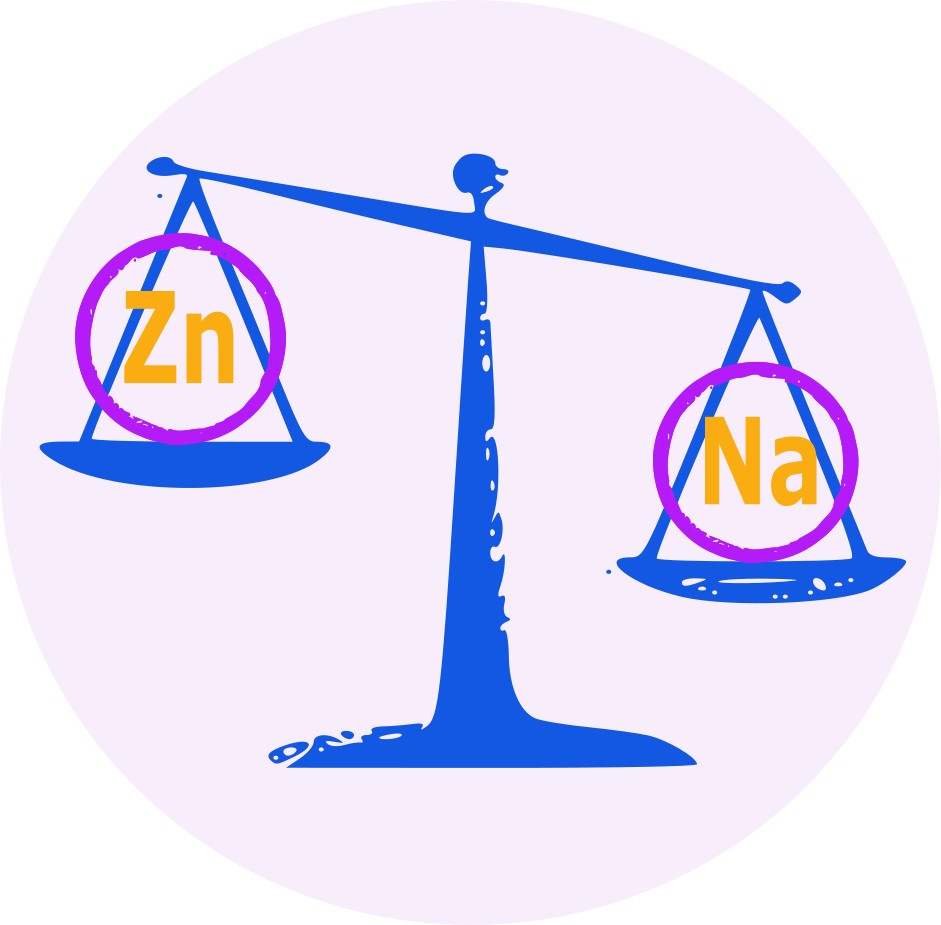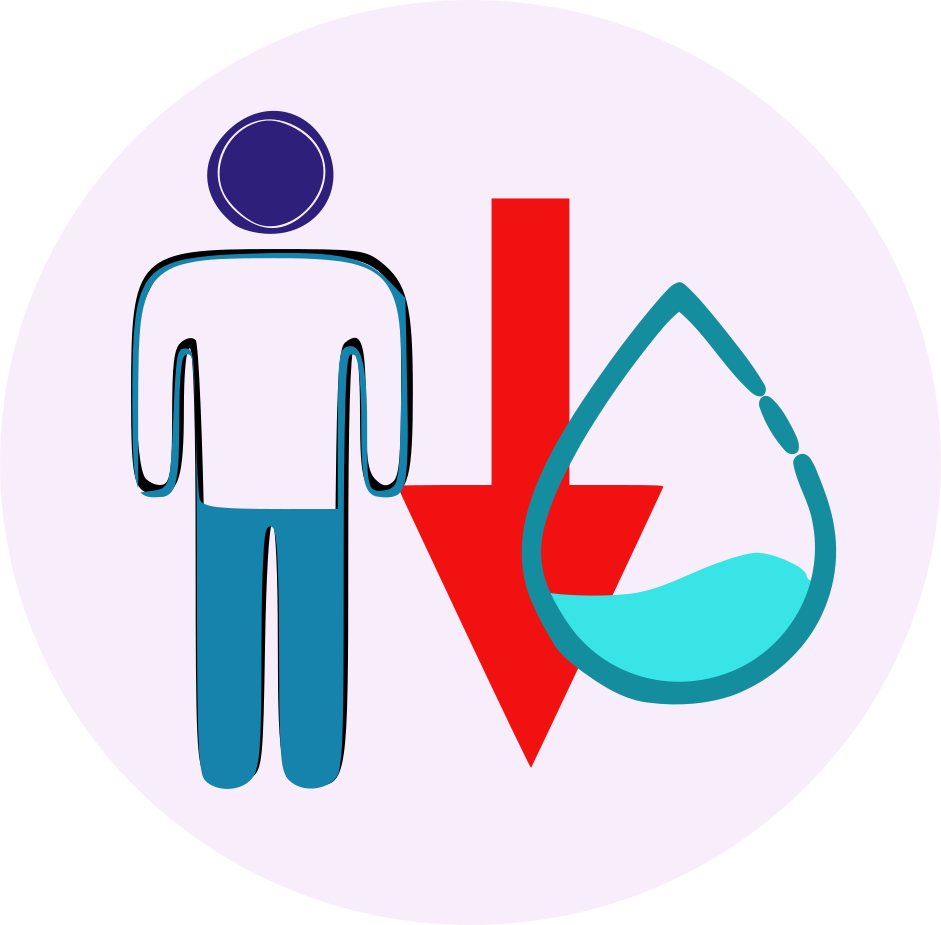| Name | Electrolytes |
| Classes |
Electrolyte and Mineral Nutritional Supplement |
| Diseases |
Electrolytic Imbalance Exhaustion Fatigue Muscle Cramp Sweating |
Electrolytes
Electrolytes are a class of drugs that include essential ions such as sodium, potassium, chloride, bicarbonate, calcium, and phosphate. They play crucial roles in maintaining the body's physiological balance. The mechanism of action involves the regulation of fluid balance, osmotic pressure, acid-base balance, and neuromuscular function. Electrolytes are essential for normal cellular function, nerve conduction, and muscle contraction.
Electrolytes are indicated for the treatment and prevention of electrolyte imbalances, dehydration, and conditions where there is a deficiency or excess of specific ions.
- Dosage varies depending on the specific electrolyte being administered and the patient's clinical condition.
- Individual electrolyte formulations should be used as per recommended dosages.
No side effects have been reported in healthy individuals when electrolytes are taken at the recommended levels.
- Monitoring: Regular monitoring of electrolyte levels is essential, especially in patients receiving prolonged or high-dose therapy.
- Renal Impairment: Use with caution in patients with renal impairment, as improper electrolyte administration may exacerbate renal dysfunction.
- Heart Conditions: Caution is advised in patients with heart conditions, as electrolyte imbalances can affect cardiac function.
- Neuromuscular Disorders: Electrolyte imbalances can impact neuromuscular function; therefore, caution is required in patients with neuromuscular disorders.
- Drug Interactions: Consider potential drug interactions, especially with medications affecting electrolyte balance (e.g., diuretics).
Contraindication
Contraindicated in individuals with known hypersensitivity to specific electrolyte formulations.
None known.
None known.
 Bangla
Bangla English
English
